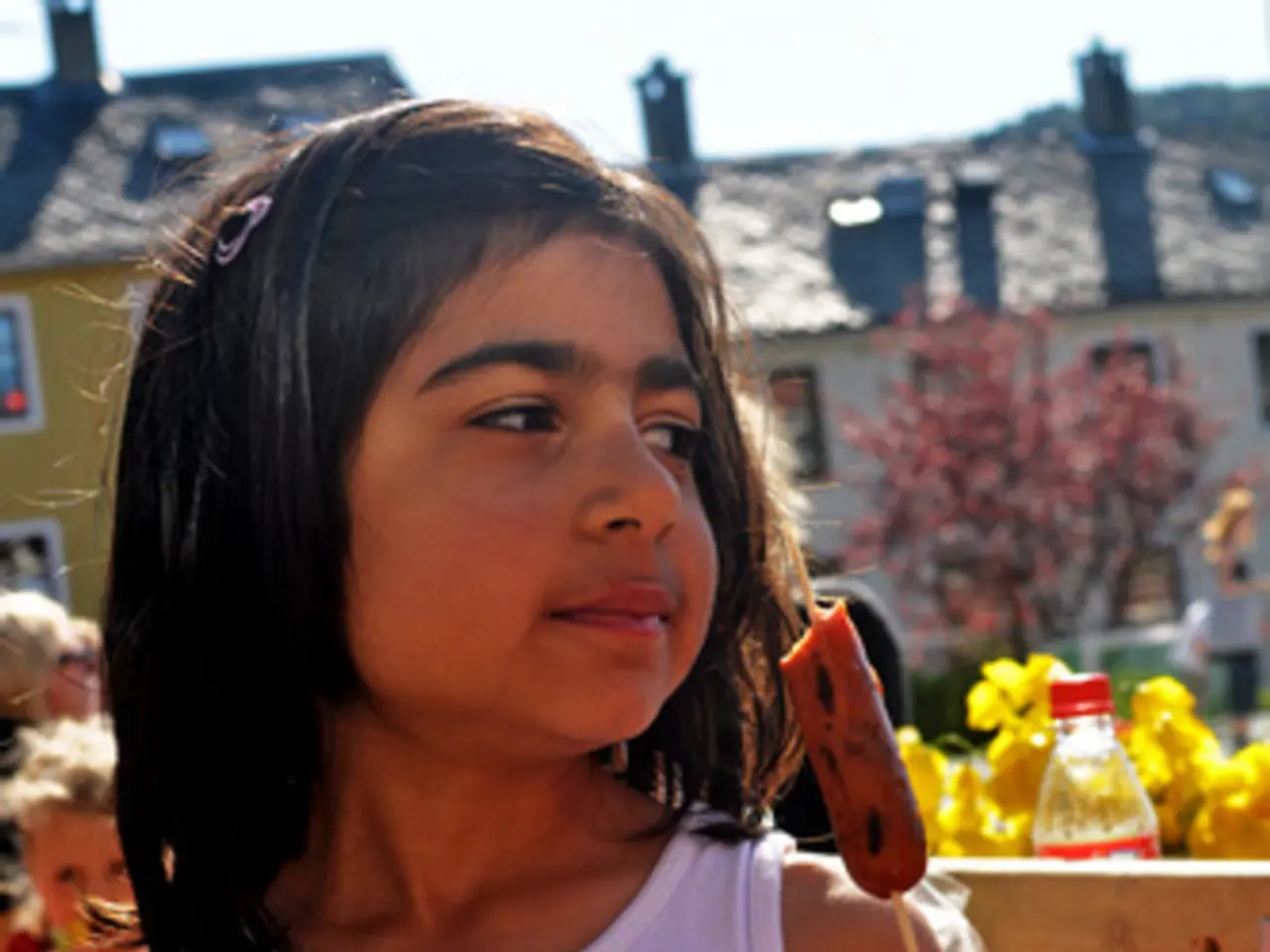Daycare Explained: A Comprehensive Overview of Childcare Facilities
Daycare, often referred to as childcare, plays a significant role in supporting a child's growth and development. This service provides supervision and care for children during the day, typically while their parents are at work or engaged in other activities. In this article, we will explore the various aspects of daycare, from nutrition and health to safety and education.
Nutrition
Proper nutrition is crucial for children's growth and development. Daycare centers should provide balanced meals and snacks that meet dietary guidelines, ensuring that children receive the necessary nutrients for their age and developmental needs. Balanced meals should include a variety of food groups, including fruits, vegetables, whole grains, protein, and dairy.
Health and Safety
Daycare centers should have a plan in place for handling sick children who may need to be isolated until they can be picked up. Conducting regular health checks can help identify potential health issues early in daycare settings. Maintaining proper hygiene is crucial in preventing the spread of illnesses in daycare settings. Clear illness policies help to prevent the spread of illness, protect vulnerable children, and provide clarity for parents.
Safety
Proper supervision and training of staff are critical components of daycare safety. Daycare centers often have trained staff, background checks, and safety protocols in place, ensuring that children are well cared for. Creating a secure environment is essential for preventing accidents in daycare settings.
Education
Daycare centers can offer opportunities for children to socialize, develop communication skills, and learn how to share, cooperate, and resolve conflicts. Many daycare centers offer structured learning environments that promote cognitive development, including creative play, early literacy, and basic math skills. Preschool, a type of daycare that focuses on early childhood education, prepares children for kindergarten and beyond.
Types of Daycare Centers
There are several types of daycare centers, each with unique characteristics. Traditional daycare centers, for instance, are typically located in commercial buildings, care for a larger group of children, and offer flexible attendance options. On the other hand, family daycare homes provide care in the caregiver’s private residence, usually with a more home-like atmosphere and smaller groups of children.
Other types include Montessori and alternative approaches, corporate or employer-sponsored centers, group child care, preschool programs, and school-age programs. Each type varies in setting, group size, educational approach, age range served, staff qualifications, and flexibility in scheduling. Parents often choose based on convenience, educational philosophy, child’s temperament, and the balance of care and learning they desire.
Choosing the Right Daycare
Choosing the right daycare is a vital step in supporting your child's growth and development. When choosing a daycare center, parents should consider factors such as location, staff qualifications, safety measures, curriculum, reviews, and recommendations. Visiting daycare facilities is essential to assess the overall atmosphere, cleanliness, staff interactions, activities, and discipline methods.
Conclusion
Daycare services can provide essential support for working parents, allowing them to balance their professional and personal lives. By understanding the various aspects of daycare, parents can make informed decisions about the best care for their children. Ensuring proper nutrition, health, safety, and education in daycare settings can set a foundation for lifelong learning and social skills.
- To cater to various interests and lifestyles, some daycare centers offer additional programs such as fashion-and-beauty workshops, cooking classes for food-and-drink, home-and-garden projects, and pet care activities.
- Building strong relationships with peers and caregivers can help children to develop empathy and emotional intelligence. Orderly and positive relationships can be fostered through constructive communication, mutual respect, and understanding, within the daycare setting.
- For families who love to travel, there are daycare centers that incorporate elements of cultural exploration and global awareness into their curriculum. These programs provide children with opportunities to learn about various countries, customs, and languages, helping to broaden their horizons and foster a sense of citizenship in the world.
- For car enthusiasts, some daycare centers feature incorporating educational activities related to cars, such as exploring different types of vehicles, discussing safety procedures, and even conducting simple, age-appropriate car maintenance exercises. Additionally, many daycare centers promote shopping trips as field trips, teaching children about making smart consumer choices and the importance of budgeting.




